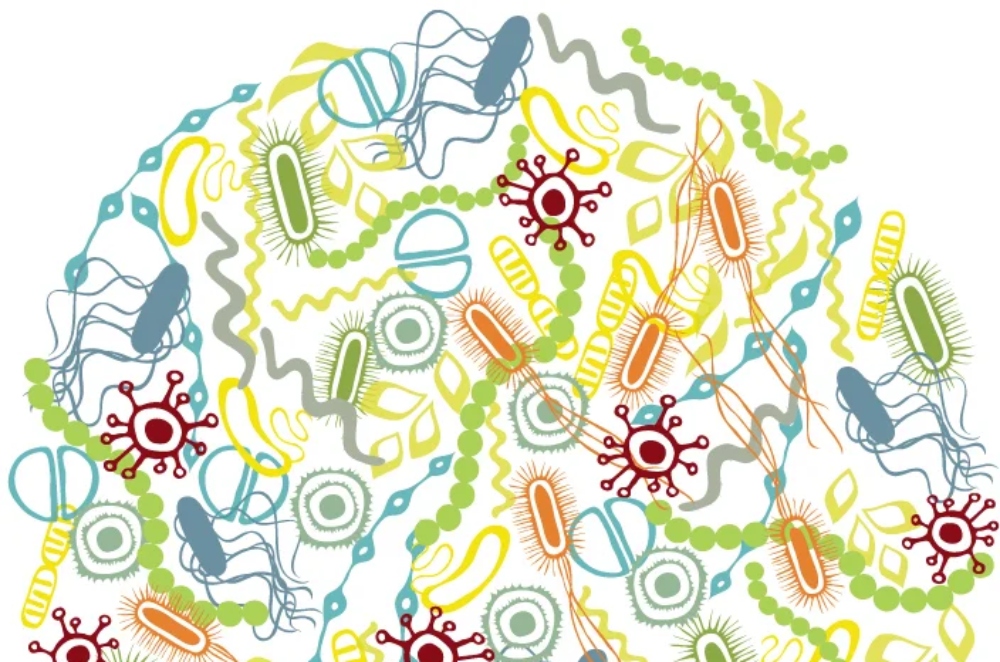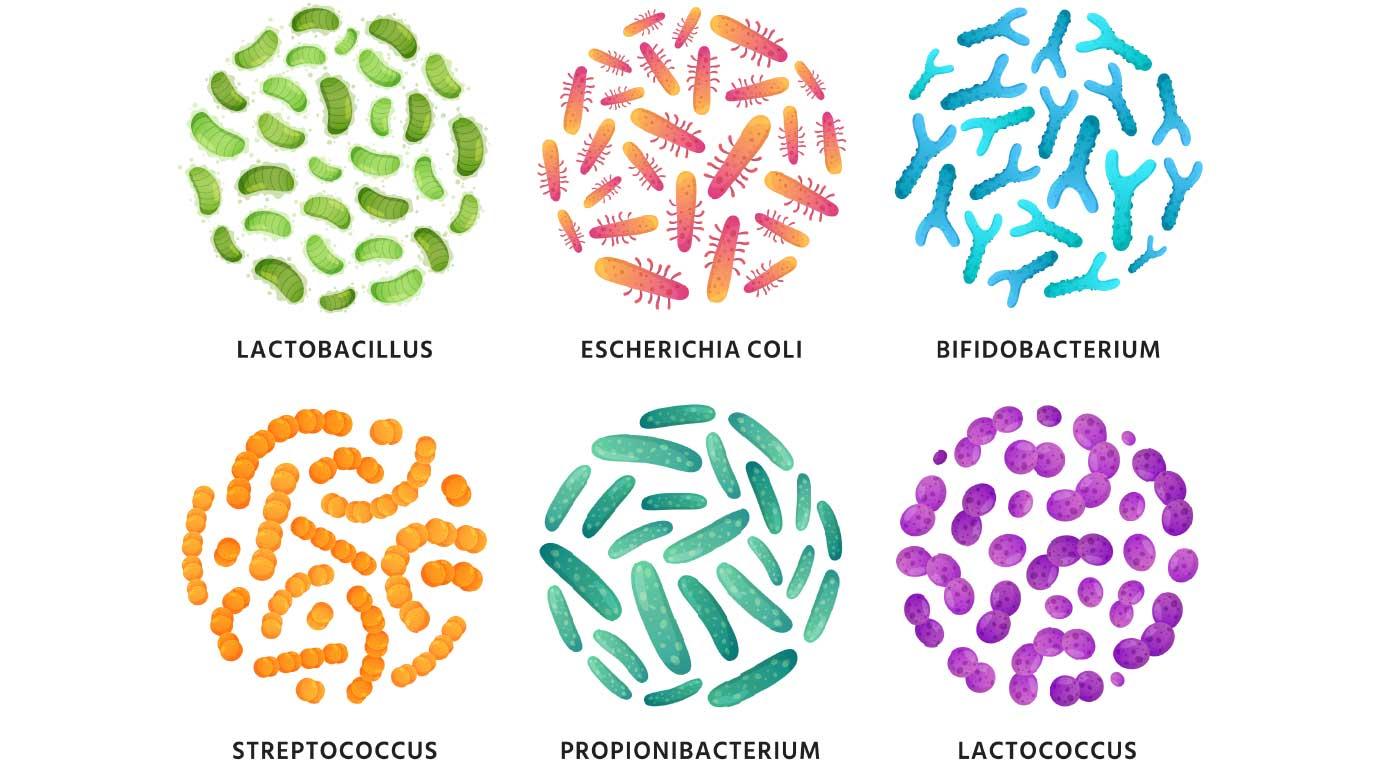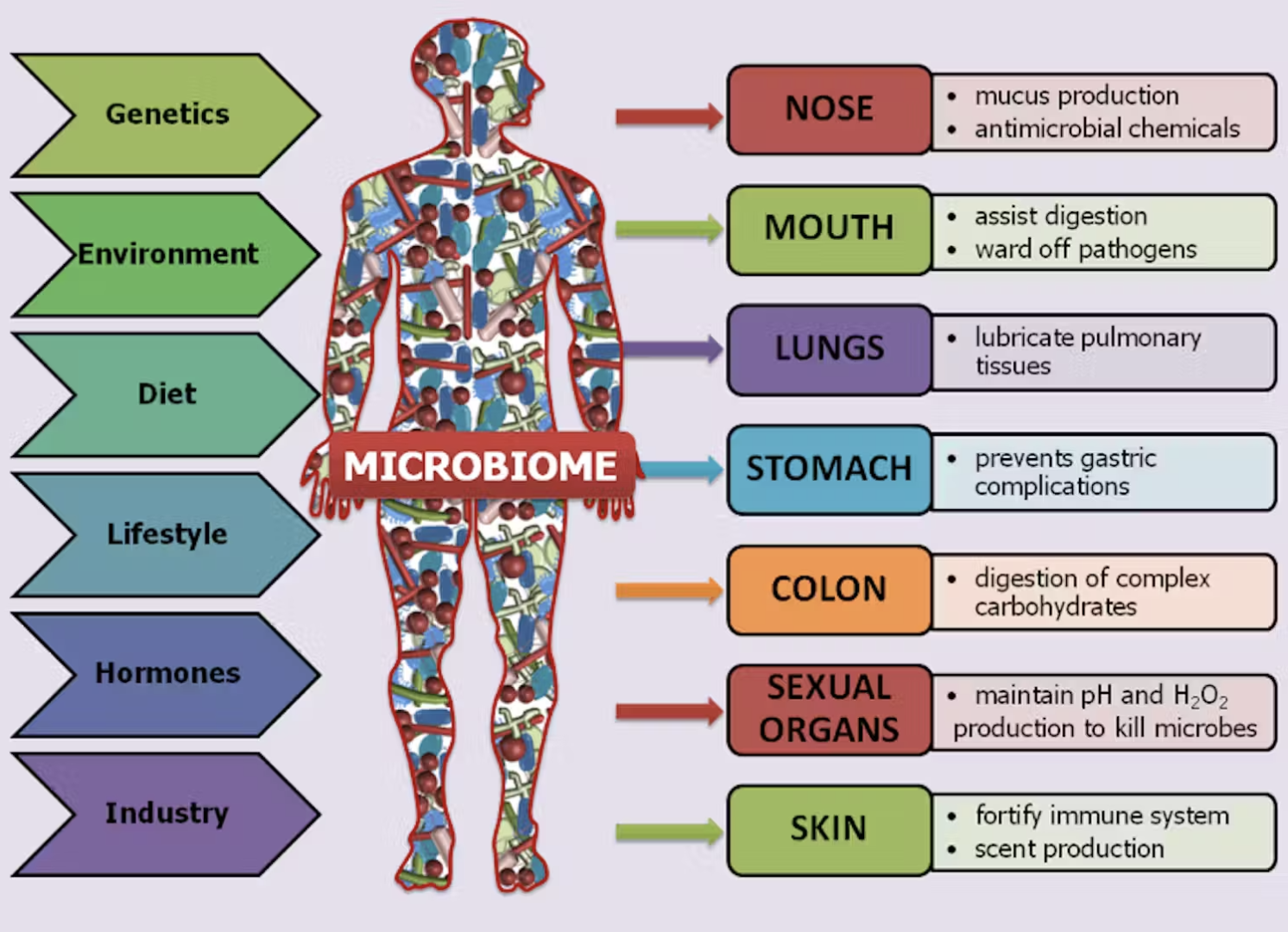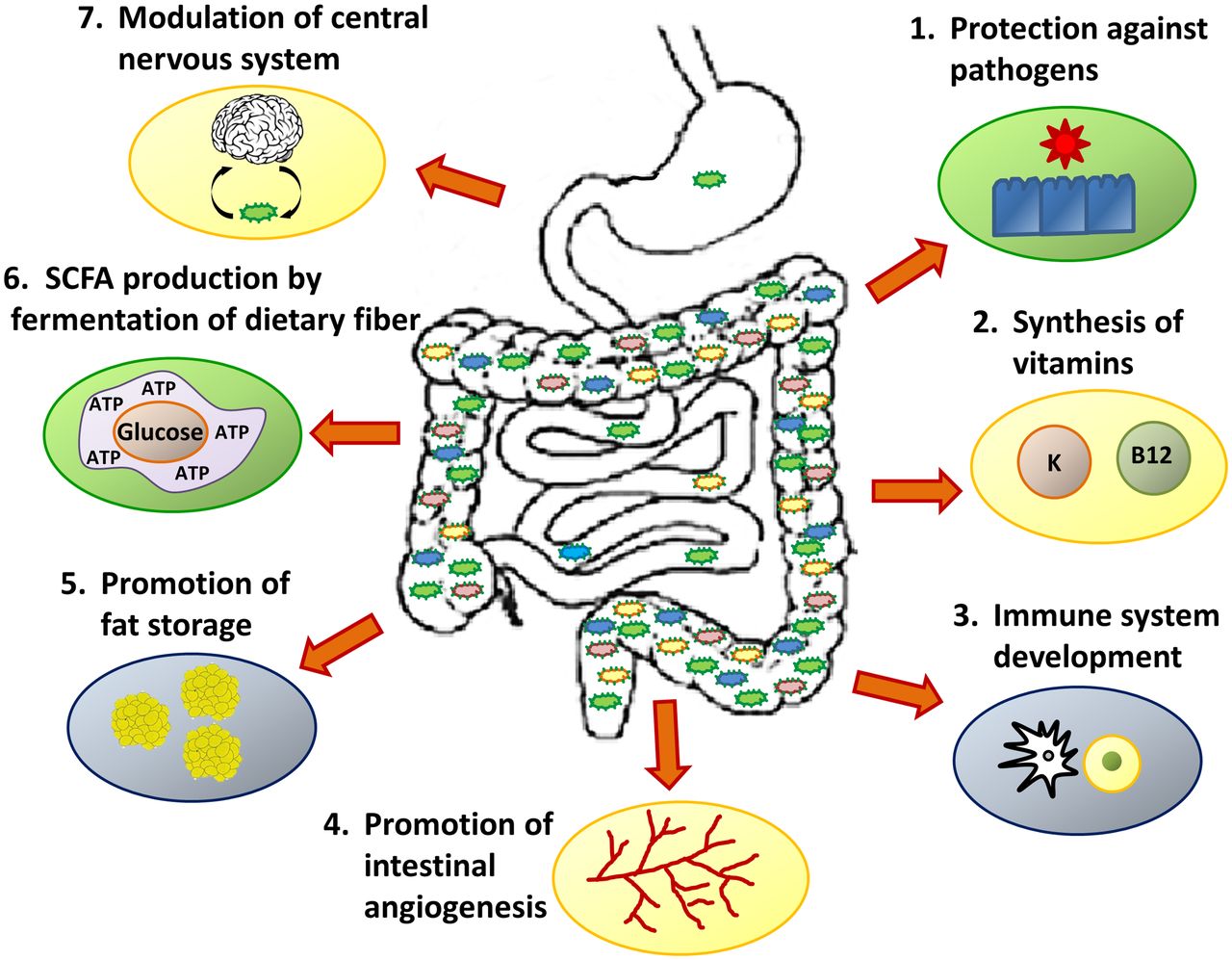Comments
- No comments found

The microbiome, the diverse community of microbes that inhabit the human body, contributes more genes to human survival than the human genome.
For centuries, microbes have been viewed as pathogens to be eradicated, but recent scientific research has revealed the essential role that microbes play in human health.
The human body is home to trillions of microbes, collectively known as the microbiome, which play a vital role in maintaining health and preventing disease.
This article explores the emerging field of microbiome research and the role of microbes in human health.

Source: University of Chicago
The microbiome refers to the diverse community of microbes that live on and within the human body. These microbes include bacteria, viruses, fungi, and other organisms, and they play a critical role in human health.
The microbiome is involved in many essential processes in the body, including digestion, immune function, and the synthesis of vitamins and other nutrients. Research has shown that disruptions to the microbiome can lead to a range of health problems, including autoimmune diseases, allergies, and even mental health issues.

Source: The Conversation
Several factors can influence the composition of the microbiome, including diet, antibiotics, and other medications, and lifestyle factors like stress and exercise. Understanding these factors can help people optimize their microbiome and improve their health.
The emerging field of microbiome research is leading to new therapies that leverage the power of microbes to treat a range of diseases. These include probiotics, which are live bacteria that can improve gut health, and fecal microbiota transplantation (FMT), which involves transplanting fecal matter from a healthy donor to treat a range of conditions, including antibiotic-resistant infections.
Microbiome research is a rapidly growing field, with new discoveries and applications emerging all the time. As scientists continue to uncover the essential role of microbes in human health, it is likely that new treatments and therapies will emerge that leverage the power of the microbiome.

Source: BMJ
The role of microbes in human health is still not fully understood, but the emerging field of microbiome research is shedding new light on this vital area. By understanding the microbiome and its impact on human health, we can develop new treatments and therapies that optimize our health and wellbeing.
Leave your comments
Post comment as a guest